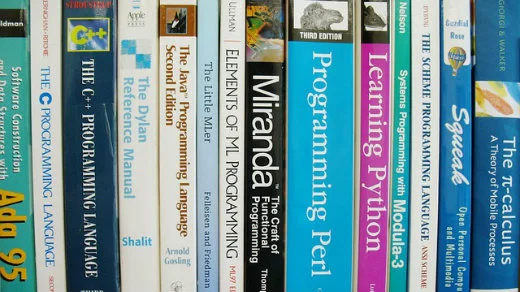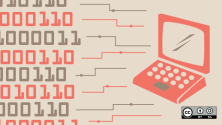Machines speak one language, but us humans, speak many different ones... programming languages, that is... from Python to Go to JavaScript and many more. It all got started with Grace Hopper.
"The most damaging phrase in the language is: It's always been done that way."
In the 1940s, Grace Hopper was in the Navy Reserves doing programming at the machine level, bit by bit. She realized how limiting it was for humans to use a language meant for machines and wanted to radically change the process by which we program. Without a change, she knew that computing would never reach its potential.
"Once humans could learn to speak programming languages and once compilers began translating our intentions into machine language, it was like opening the floodgates," says the host of the Command Line Heroes podcast, Saron Yitbarek.
Learn more about Grace Hopper and why there are so many programming languages, plus history on the first open source compiler, by listening to Episode 2 of Command Line Heroes Season 2.







10 Comments